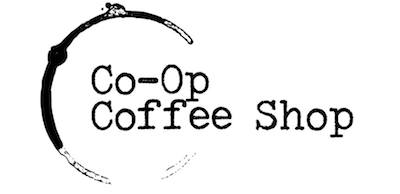
Interview – The Co-Op Coffee Shop
Where can you get ethical coffee in Adelaide? Heckler tracked down Sam and Irene to find out!
So, Sam, you’re originally from Boston. How did you come to be setting up a coffee co-op in Adelaide?
Sam: My wife is from Adelaide – she’s lived here all her life – and we met at Disney World during an internship working for “The Mouse”. And then we volunteered overseas in Nepal together, working in a children’s home, and we thought ‘Let’s see if this will work’, so I came to Australia for about nine months on a working holiday visa. I went back to the US and finished my degree in sociology, and worked many jobs in hospitality including at Disney and an Italian restaurant [before settling down in Adelaide].
What is going to separate the Co-Op Coffee Shop from similar cafés throughout the city?
Sam: Essentially we’re trying to create real fair trade all the way through production to consumption. So you think of fair trade normally you pay a fair wage to the people who produce it but those who are in the service industry or the hospitality industry aren’t treated fairly so it doesn’t make it all the way down the line. So that’s what we want to try and do is create real fair trade. To do that we want to make the most stable, ethical jobs so people don’t feel like they’re being taken advantage of and they don’t feel like they’ll loose their jobs during an economic downturn.
It’s been a while getting this together, what sort of challenges have you had to overcome so far?
Sam: When you do something as a collective you need to make sure all your members can work together. So we spent the last year organising, meeting weekly, to ensure that we’re all on the same page and that we have the same values, that we have the appropriate skills to set up a coffee shop and so on.
What has been the community response to this venture?
Sam: We’ve had strong community support from the South West Community Centre and those who attend there – that’s where we had our start, we did four public proposals to try and attract members in the beginning and that was over a year now ago that that happened. Since then we’ve been attracting support from people who know about fair trade, especially from Flinders Uni, talking to people who run unions, talking to those who promote ethical outlooks for everybody, including those who receive welfare benefits. So basically, those who are usually not considered, and we think this is important because oftentimes hospitality and service industries are the major provider of jobs for people who have low incomes and who are usually taken advantage of, for example international students and youth and so on. So it’s not the traditional route, we didn’t go and ask Business SA to support us. We went to unions and community groups.
What about your coffee? Tell us a bit more about where you’re sourcing it from and what made you choose it over the alternatives.
Sam: Well it’s funny, we start at the end. Most people go, “Hmm, what is going to affect the bottom line with what coffee we choose?” But we kind of started at the ethical bottom line, if you will, and we said, “Well obviously we’re going to go with fair trade, but what can we do better than fair trade?” So we started at the bottom line and we went, is there a further bottom to this ethical coffee? And we really want to go direct trade, which is that next step. So we’ll most likely start with fair trade, because it’s a little bit more effort to establish direct trade.
Can you explain what the difference is between fair trade and direct trade?
Sam: Yep, so, fair trade is where there’s an international body which has criteria which farmers need to meet to be registered as fair trade. And this involves things like paying their workers a bit more than they normally would and that’s the main criteria really. So that’s a good step, and many cooperative coffee bean farms are fair trade. The next step beyond that is direct trade, and that’s where those who are going to sell the coffee have a direct relationship with those people who produce it. And this is an extra guarantee that they’re being treated fairly and it also breaks down that barrier that we’re just simply consumers using products. It’s that in fact we are humans who need things to live, essentially, and those people who produce the coffee beans are just as important as the people who drink the coffee at the end of the chain.
Have you looked very far into it yet?
Sam: We have a few prospective places in Papua New Guinea and East Timor and another option is we’ve seen someone who currently does direct trade and we could probably source our beans through them. But at the moment it’s up in the air and those are our three options.
Tell us about the food. How are you going to appeal to all the foodies out there?
Irene: We’ll be doing all our own catering off-site, then bringing it to the Co-Op Coffee Shop, except in an unforeseen emergency. All the food we’ll sell will be vegetarian. As a vegan myself, there will certainly be several great vegan options. My tactic towards vegan food is to try and find recipes that are already vegan or just require a few tweaks. This is partly for taste reasons (I don’t really get mock meat) but also because I see being a vegetarian or vegan as being part of a wider ethical food movement, not just not eating animals. The Co-Op Coffee Shop will try to provide food that meets a holistic ethical standard. This standard will include country of origin – meaning food miles and also the rights of the producers – organic produce, and animal products. There are also several members of the co-op who have problems with gluten, so the co-op will be have quite a few gluten free options. In terms of a menu, we haven’t quite nutted that out yet but we’re planning sweets and savouries.
I hear rumours you already have a space in mind for the Cafe. What plans do you have for the venue and why did you choose it?
Sam: We can fully confirm that the space is real, it does exist. We still currently are in lease negotiations but it’s looking very close to closing. And the space is on Currie Street right next to the TAFE. We chose this space because they too align with cooperative principles and they also have a community venue that is located there as well and we wanted to show that cooperation is a strength and definitely it will help us start up and it will be a mutually agreeable relationship.
We have an amazing member who’s a graphic designer and also does shop fit-out and he has fantastic ideas for the fit-out and he’s helped set up such notorious places such as Tuxedo Cat so there’s big things to come in that department.
Tell us a bit about your co-workers. What are they bringing to the business?
Sam: Yeah, so that’s the real strength: in a real sense, we can actually have a multitude of skills and be able to use them to their full capacity. So the main thing about a co-op is that it’s democratically owned and operated by the members. So there’s twelve of us and we each have different skills, and to make this happen we have to use all of our skills. And that’s fantastic. So we have a gentleman from the equal opportunity office, we have some amazing barristers who are currently working in the industry, we’ve got a graphic designer, like I said before, we’ve got lots of people. And not only the strength of the skills that we have to bring into the application of the shop but also the community networks that we have and that’s a unique benefit that we have.
Businesses take years to build up their customer base so that they can feel secure, and it’s good to know that we start off on a strong footing that most businesses can’t. And we’re trying to create something that other people can look to as a model and kind of the key to that model is the fact that we’re actually trying to say that democracy isn’t something you leave up to pollies but that you need to practice day to day. And we don’t really wanna leave democracy at the doorstep when we go to work so we created our own cooperative business and that’s how we’re gonna run it.
What will people come to the Co-Op Coffee Shop for, apart from to drink coffee?
Sam: They’ll come for the food, they’ll come for the fact that we’re going to have active community groups using the space. From environmental groups to grandmas who need a place to knit and get some caffeine to book clubs and so on. And we’re trying to create a unique place that acts in that unique sense of not just the workplace, but a place where you can come, you can stay for long periods of time, and engage with your friends and meet with people you don’t know. And this sounds like it’s like any other coffee shop, but in fact most places are built on the principle to get people in and out as quickly as possible, much like McDonald’s. And we’re actually trying to get people to stay in and to get the most value out of what they’re tasting in their coffee and in their food, and to not just use the wifi but to talk to the person next to them in the café. And the way we’re going to do that is by hosting as many community events as possible and making our space as comfortable and inviting as possible.
How are you getting the funds to start up the business?
Sam: The Pozible campaign is going great! In the first quarter of time which we have, we were able to hit about half-way point. So it’s going quite well, we’re a bit over halfway now, but with crowd funding you always have to cross your fingers because that middle point is always a waiting game and hopefully it’ll pick up at the end. But we’ve been pretty astounded by how many people have put in already. We, or myself personally, I didn’t think we’d have a response so quickly. As the Pozible people said, if you get 30% in the first week you’re more likely to succeed, and once we were at 40% in the first week I thought, “Wow, this is amazing, we’re gonna make it.” But that’s like a false security blanket I suppose, but I’m still crossing my fingers and I’ve tried my best not to spam any friends, that’s for sure. Although that’s tempting, you know, when you have something you’re enthusiastic about you want everyone to know.
[youtube=http://www.youtube.com/watch?v=3LIWMViZTvg]
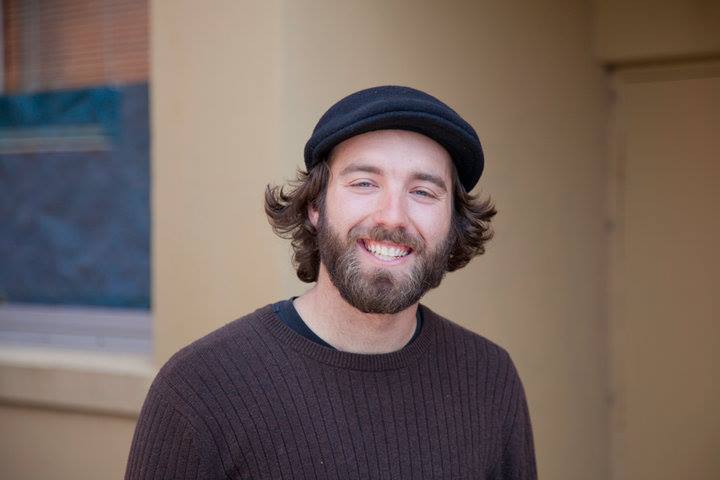
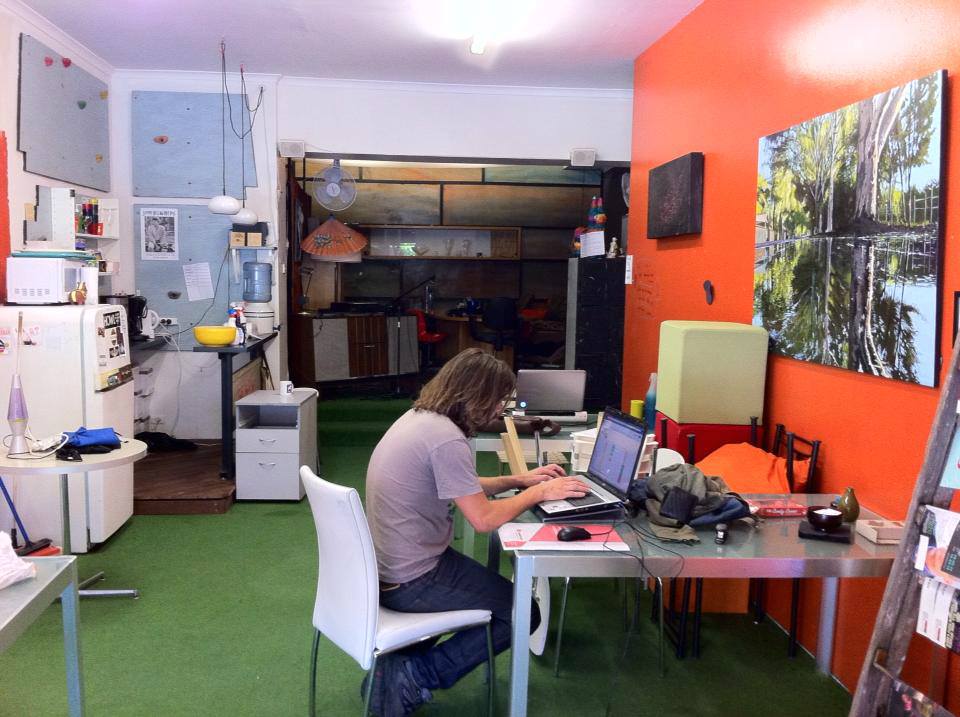
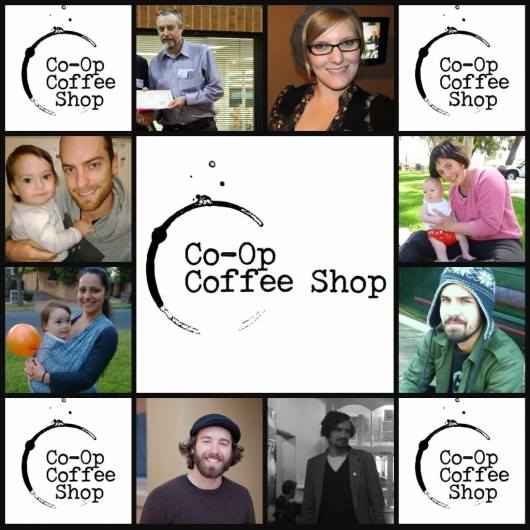
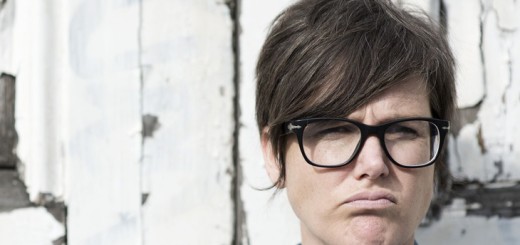
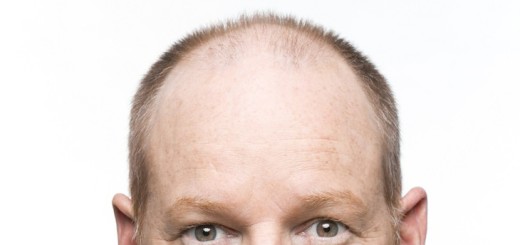
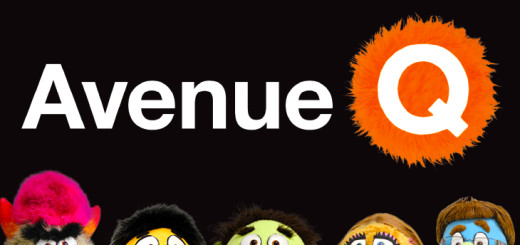
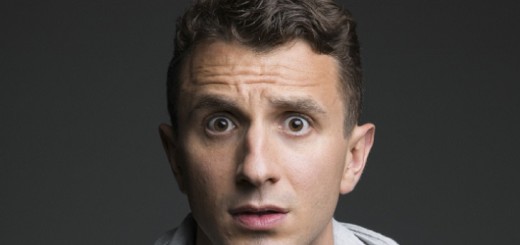
Very nice, i loved the bubbles in the last bit =D